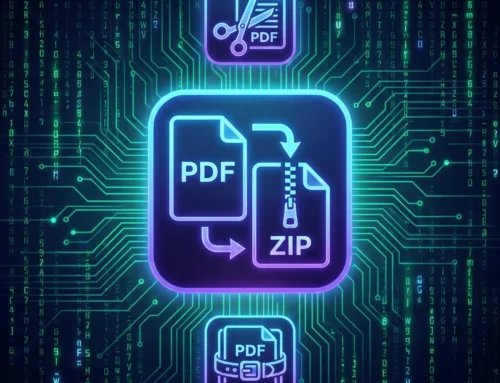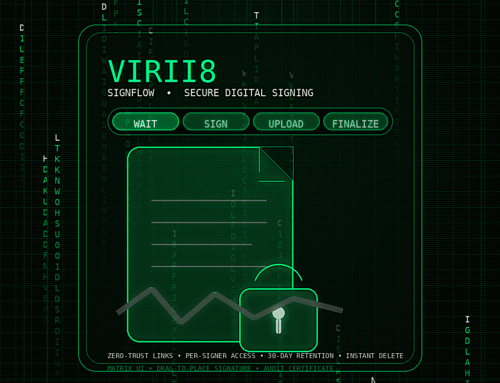
Approx. read time: 3.3 min.
Post: Israeli Military’s “No Comment” Response to Reports of Explosions in Iran
Israeli Military’s “No Comment” Response to Reports of Explosions in Iran
Introduction:
The tension between Israel and Iran has once again captured global attention following a series of reports by Reuters about unexplained explosions in Iran. Amidst this unfolding situation, the Israeli military has opted for a terse “no comment” when pressed by media. This response came shortly after a U.S. official revealed that Israel had executed a non-nuclear strike within Iranian borders. This article aims to peel back the layers of this complex issue, examining the implications of Israel’s silence, the recent strike, and the potential outcomes for regional stability.
Background:
The Middle East has long been a hotbed of geopolitical conflicts, with Israel and Iran being key players in the regional power dynamics. The history of tension between these two nations is marked by clandestine operations, direct confrontations, and a war of words that often plays out on the international stage. The recent Israeli action, which reportedly targeted non-nuclear assets in Iran, is viewed as a retaliatory move against earlier Iranian airstrikes that targeted Israel.
The Israeli Response:
Israel’s decision to withhold comment in the face of international scrutiny is not without precedent but is significant given the circumstances. This “no comment” stance might be interpreted in several ways: as a strategic ambiguity, maintaining operational security, or possibly avoiding an escalation in public rhetoric that could lead to further conflict.
Ramifications of the Strike:
The strike—and Israel’s subsequent silence—could have several consequences. Firstly, it might escalate the already high tensions in the Middle East, potentially prompting Iran to retaliate, which could destabilize the region further. Secondly, it sends a signal to the international community about Israel’s willingness to take unilateral military actions when it feels threatened.
International Reactions:
The international reaction has been one of caution. The United States, while reportedly forewarned about the strike, explicitly did not endorse it, highlighting a delicate balance in diplomatic relations and a preference for a more measured approach to the Iran-Israel tensions. Other global powers have yet to weigh in publicly, likely waiting to see the full implications of the strike unfold.
The Road Ahead:
The “no comment” strategy leaves much to speculation. Will Israel continue its clandestine operations, or will it engage in diplomatic channels to address its security concerns? How will Iran respond in the coming days? The answers to these questions will significantly shape the geopolitical landscape of the region.
Conclusion:
Modern proxy wars in the Middle East increasingly rely on advanced technology, especially unmanned aerial vehicles, commonly known as drones. These sophisticated tools of warfare allow nations to engage in hostilities with minimal risk to human life, at least on their side. Just a few months ago, reports surfaced that Israel was integrating artificial intelligence into their military strategy, using AI to analyze vast amounts of data to select targets. This integration of AI represents a significant leap forward in military technology, providing the capability to conduct operations with unprecedented precision and efficiency. The use of drones and AI in warfare not only changes the nature of combat but also raises important ethical and tactical questions about the future of international conflicts. As these technologies become more embedded in military strategies, the face of warfare continues to evolve, marking a new era in both proxy wars and direct confrontations.
As the dust settles on the latest in a long line of skirmishes between Israel and Iran, the international community remains on edge. The Israeli military’s “no comment” might be a momentary tactical decision, but its implications are likely to reverberate across the geopolitical spectrum, influencing future interactions in the volatile Middle East landscape.










